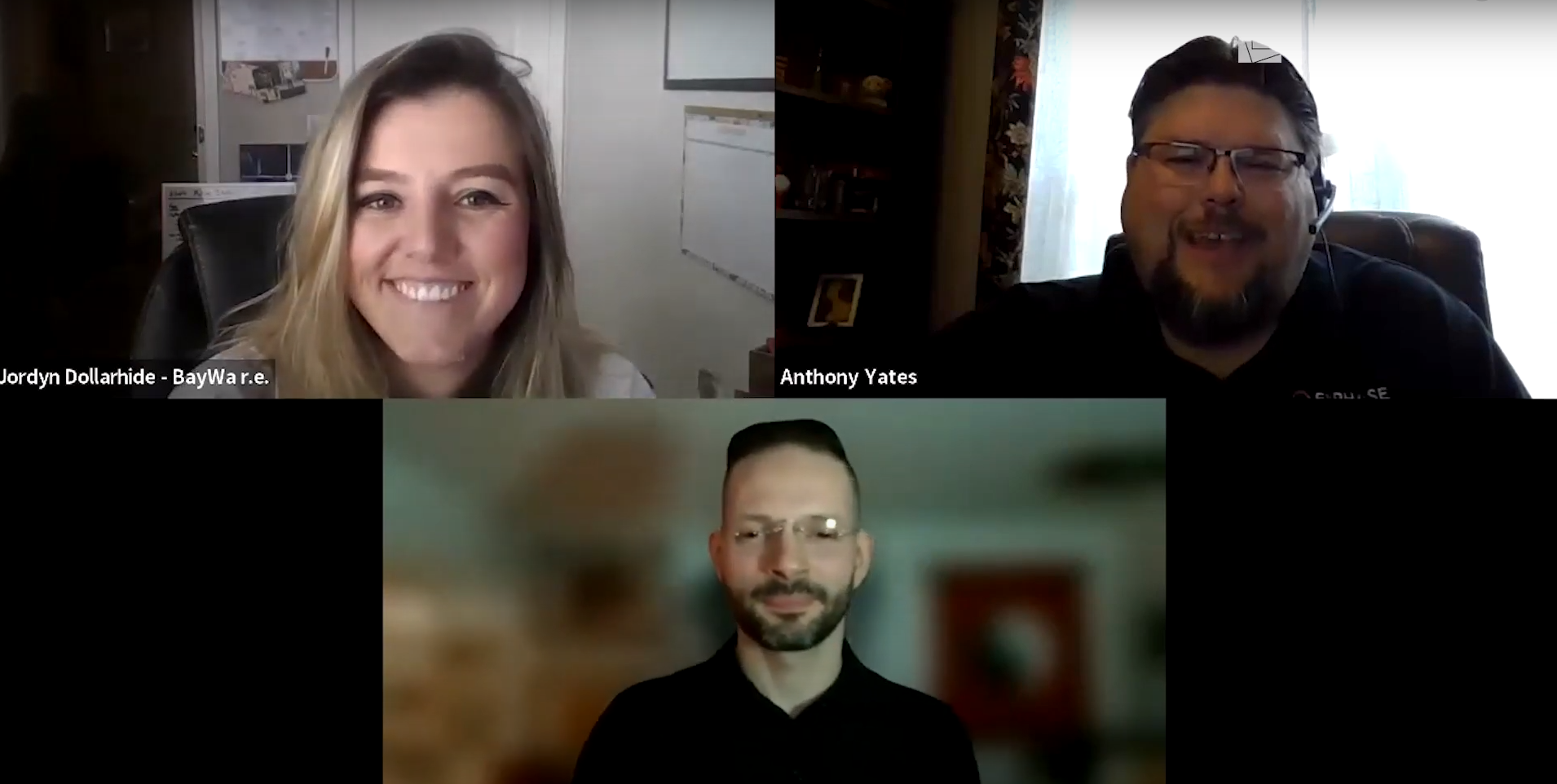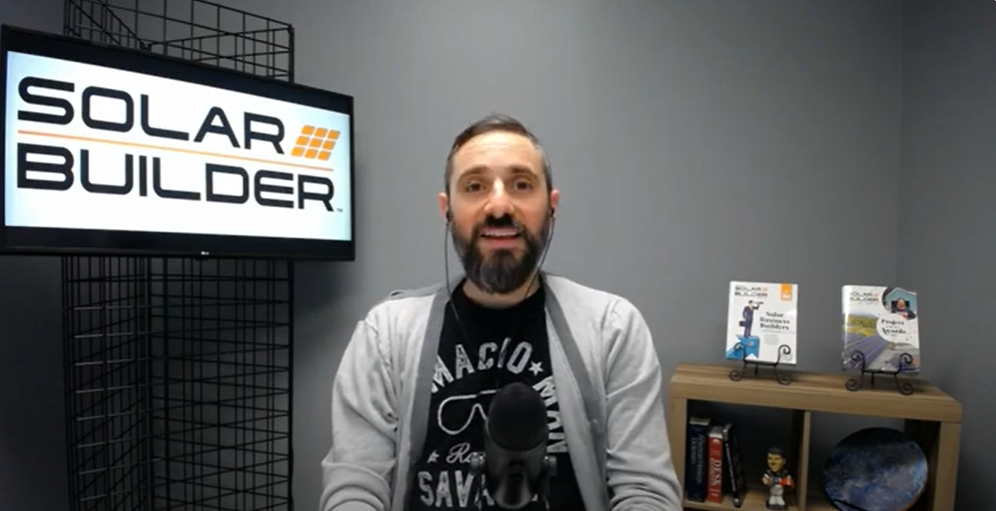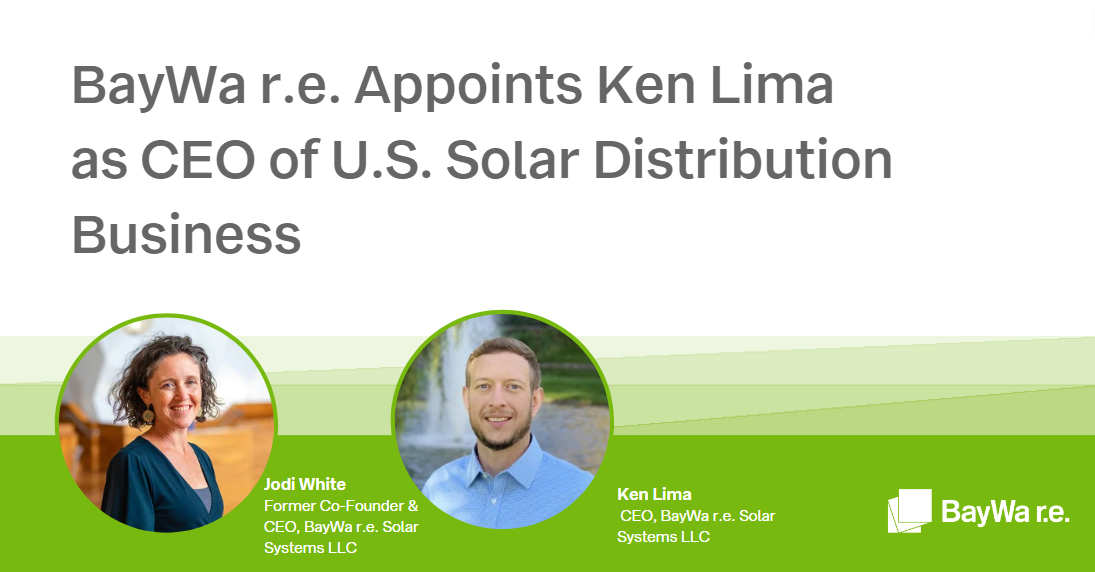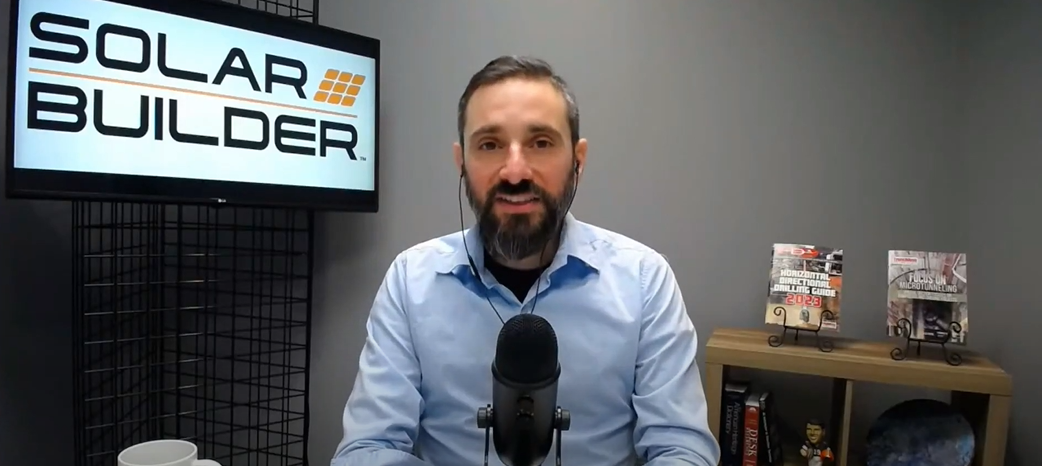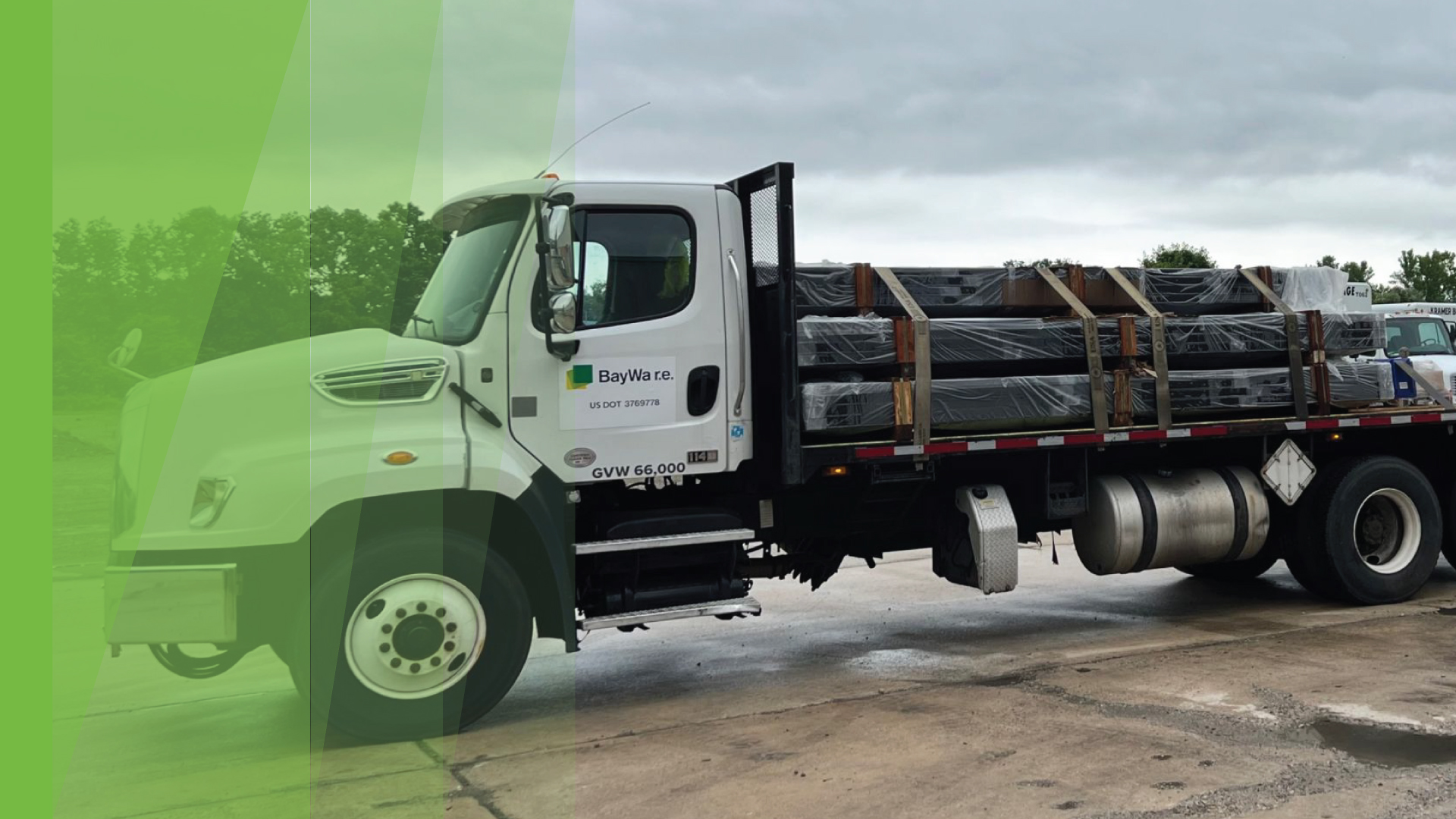
The past few years in the solar industry have been challenging for installers seeking a steady supply of products to serve their customers. Manufacturing and distribution have been impacted by various obstacles, including the Covid-19 pandemic, policy negotiations, and tariff investigations. But how a solar company reduces supply chain risk and manages forecasting during these challenges can set the stage for successful growth, no matter the industry challenges.
Here are the top 5 ways Tiernay sees companies successfully managing their supply chain and avoiding risk:
1. Embrace Flexibility
Solar installers know what products they need, but when supply chain constraints make product availability unreliable, it’s time to get creative about forecasting needs.
Many installers calculate their equipment needs the same way for every project but turning procurement planning on its head can often lead to more supportive outcomes. For some companies, this means thinking about the average number of panels used per project and then multiplying that by the average count of jobs, rather than just how many panels are needed total.
While the final number might not be exact, it can give a close idea of the equipment required for future projects and not require an installers’ team to calculate exact product needs.

Advice from Tiernay:
Sometimes the information you need for procurement isn’t always at your fingertips. Forecasting in different ways can make additional procurement needs come to light and help installers plan better.
Example: If your preferred module isn’t available and you have to switch to another watt class, it’s helpful to share the number of kW you expect to install, vs the number of modules you want. Your distributor can then look for multiple options to serve your needs.”
2. Maintain Healthy Margins
Solar businesses require healthy margins to operate and stay competitive. In past years, solar equipment prices have dropped steadily as technology is optimized, meaning these margins have come easy. Today, though, supply chain challenges and increasing costs of raw materials have caused equipment prices (especially module prices) to increased, minimizing margin returns.
Still, many solar installers are hesitant to pass those price increases on to their customers and are delaying price raises. This puts installers in a pinch. Adjusting project pricing to accommodate equipment price increases ensures an installer’s margins can keep the business going.
- Support Price Increase Conversations
As crucial as it is to increase margins it can also be a turn off for customers. That’s why it’s especially important to support the sales team in these conversations: inform them early of price changes; talk through best practices for sharing changes with customers; find other ways to increase company value so customers remain loyal.
3. Consider Your Cashflow
For many solar installers, managing a healthy cashflow cycle is the key to financial success. But when procurement challenges arise installers can be left storing equipment in their warehouses while waiting for additional parts to arrive. This means installers are tying up their lines of credit, which can lead to imbalanced cash cycles. To minimize this, it’s crucial that installers coordinate the delivery of modules, racking, inverters, and other system parts so teams can hit the ground running as soon as the first parts arrive.
4. Let The Distributor Do the Work
A solar distributor, like BayWa r.e., is an installers’ best resource for supply chain support, fiscal management, and risk aversion planning. Building a strong relationship with a distributor is vital to flexible supply chain management for all solar installers.
- Get Granular with Your Distributor
Getting into the nitty-gritty with a distributor might not seem like the first course of action, but it can actually be one of the best ways to ensure product procurement is easier down the road. For our BayWa r.e. team, the more information we have about an installer’s project timelines and needs, the more we can focus on providing product at the right time and right place for that individual company’s needs. Solar installers should communicate expected orders with their BayWa r.e. Account Managers to help them inform the purchasing department of future expectations.

Advice from Tiernay:
Be transparent with your supply chain partners and expect them to do the same in return. There are so many moving parts in the solar industry – the more information you can gather and the more confidence you have in your partnerships, the better.
- BayWa r.e.’s Vendor Managed Inventory Program
This is where BayWa r.e.’s Vendor Managed Inventory Program comes in handy. VMI is a system that allows our team to estimate solar installers’ equipment needs, even when exact orders are unavailable. Using our VMI modeling, BayWa r.e. account managers pair a solar installers historic ordering data with their estimated future projects to model future equipment needs. Then, our purchasing team safeguards inventory so it’s ready to deliver faster when the time comes. This VMI program takes supply chain stress away from installers and saves everyone time and effort.

Advice from Tiernay:
A customer just needs to tell me the number of installs they expect in a given time period. Then, our team uses our Vendor Managed Inventory modeling to easily predict their product needs. This allows us to not require a lot of information from the customer while also supplying them with their equipment in a timely manner.
5. Cultivate Multiple Supplier Relationships
As a distributor, BayWa r.e. is a liaison between solar installers and manufacturers. Our primary focus is to secure product well in advance of our customers’ needs and always keep them updated to maximize efficiency. While our distribution experts are some of the best in the industry, the recent supply chain challenges highlight why installers should maintain multiple distributor relationships.
“Finding the path of least resistance” for procuring equipment can mean a solar installer maintains a primary distributor partnership, but also sources from other suppliers when their main distributor is out of their desired products. In a “normal” solar market, relying on one source for equipment delivery can allow for streamlined procurement. But in the current market of supply chain constraints, it’s smart to rely on multiple resources to support your business.

Advice from Tiernay:
When a solar installer is focused on building efficiency into their process, changing engineering and construction plans do to supply constraints can be detrimental to project timelines. Sourcing from multiple suppliers can reduce the need for stalled work in times of supply constraints.
Learn more from Tiernay in our Solar Tech Talks, which she hosts with our Product Manager, Aaron Bingham.
Learn more about BayWa r.e. and how our team can support your risk management here.
BayWa r.e. Solar Systems LLC supplies residential and commercial solar installers in the United States with quality solar + storage components, forecasting, business planning advice, and a community of experts. Visit www.solar-distribution.com to read our industry insights articles and stream our Solar Tech Talk and Solar Town Hall podcasts on YouTube and Spotify. Follow us on LinkedIn, Twitter, and Facebook to stay connected. Ask us about our Split Pay financing program and use our industry-leading Webstore to save time, get gear shipped, and get jobs done! Part of the BayWa r.e. Global family of renewable energy companies.


